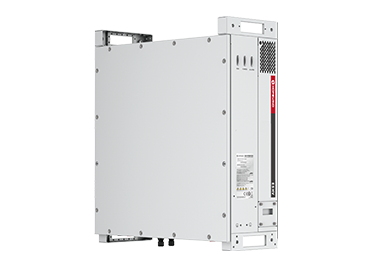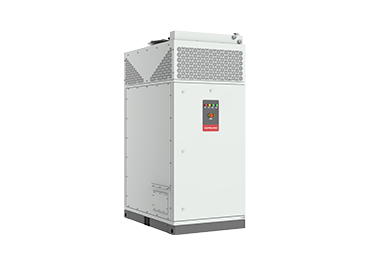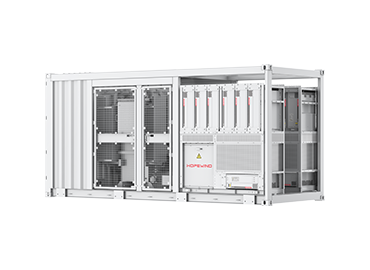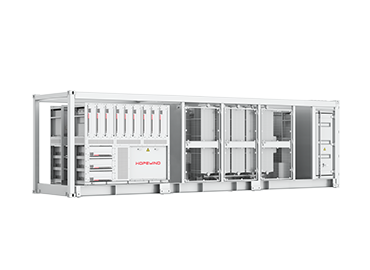Solutions
 Power Consumption & Industries
Light Industrial Machinery
Large Experimental Platforms
Rail Transit
Mining Machinery
Petrochemical Industry
Ferrous Metallurgy
Power Consumption & Industries
Light Industrial Machinery
Large Experimental Platforms
Rail Transit
Mining Machinery
Petrochemical Industry
Ferrous Metallurgy

Products
all products
Solar Inverter
PV Grid-Tied Inverter
PV Turnkey Solution
Energy Storage System
Power Conversion System (PCS)
PCS Turnkey station
Windpower Devices
Doubly-fed Converter
Full Power Converter
Pitch Control System
Hydrogen Energy
DC/DC Converter
AC/DC Single-Stage Topology
AC/DC+DC/DC Two-Stage Topology
VFD
Medium voltage VFD
Low-voltage Engineering VFD
Low-voltage VFD
Other Station-level Devices
AC Source
STATCOM
10KV direct hanging
35KV direct hanging
Remote Intelligent O&M System
hopeEMS Energy Management System













 Français
Français



